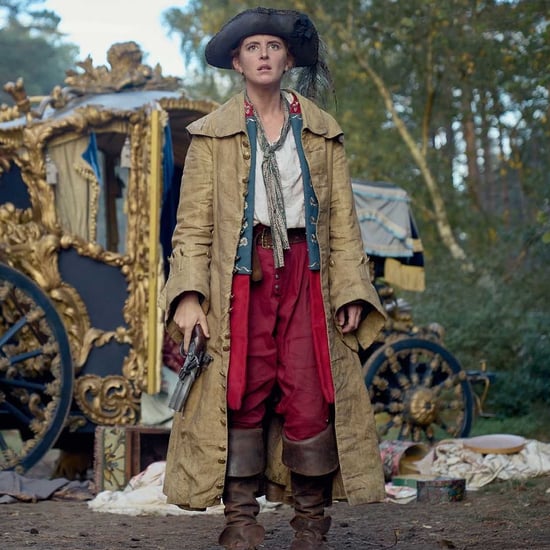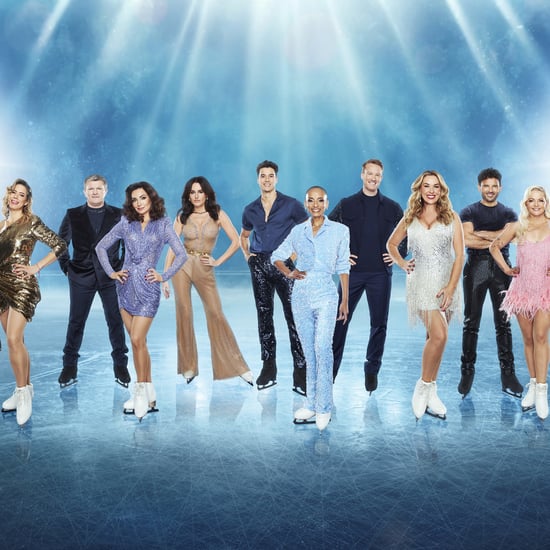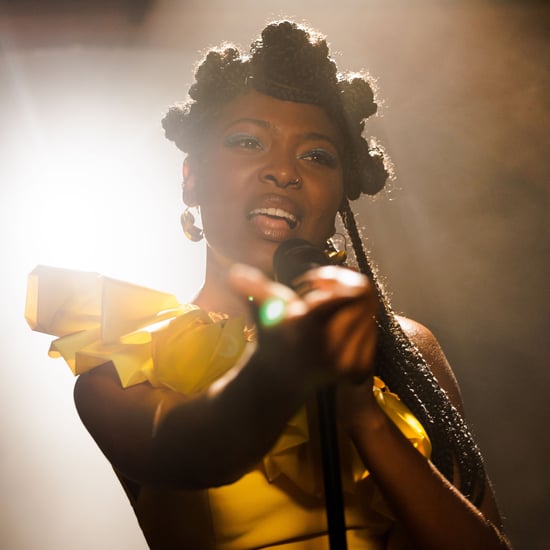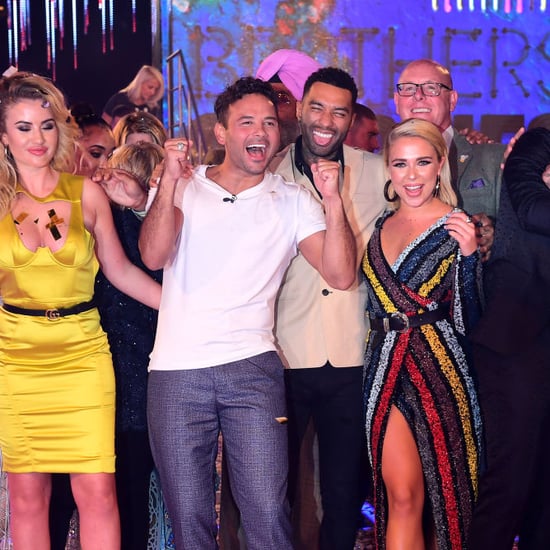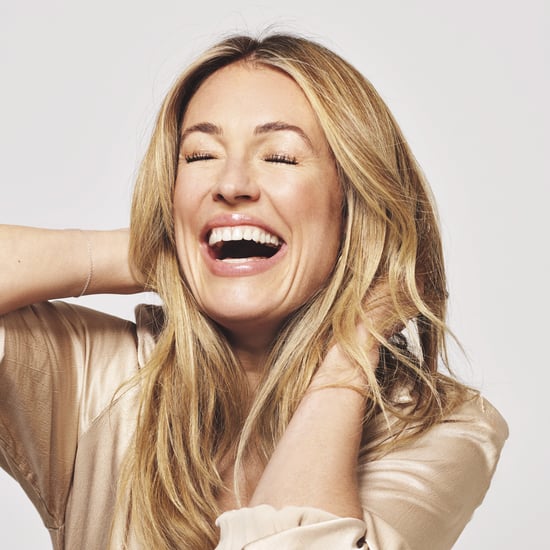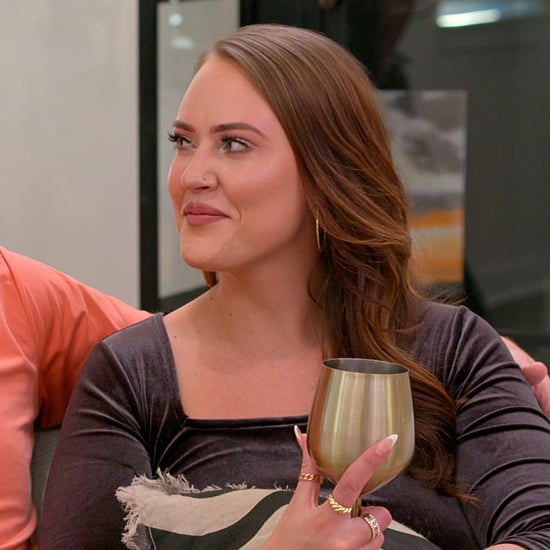Why Marvel's Phase Four Is All About Underrated Characters
Marvel's Phase Four Is Finally Spotlighting Its Underrated Characters, and It's About Time
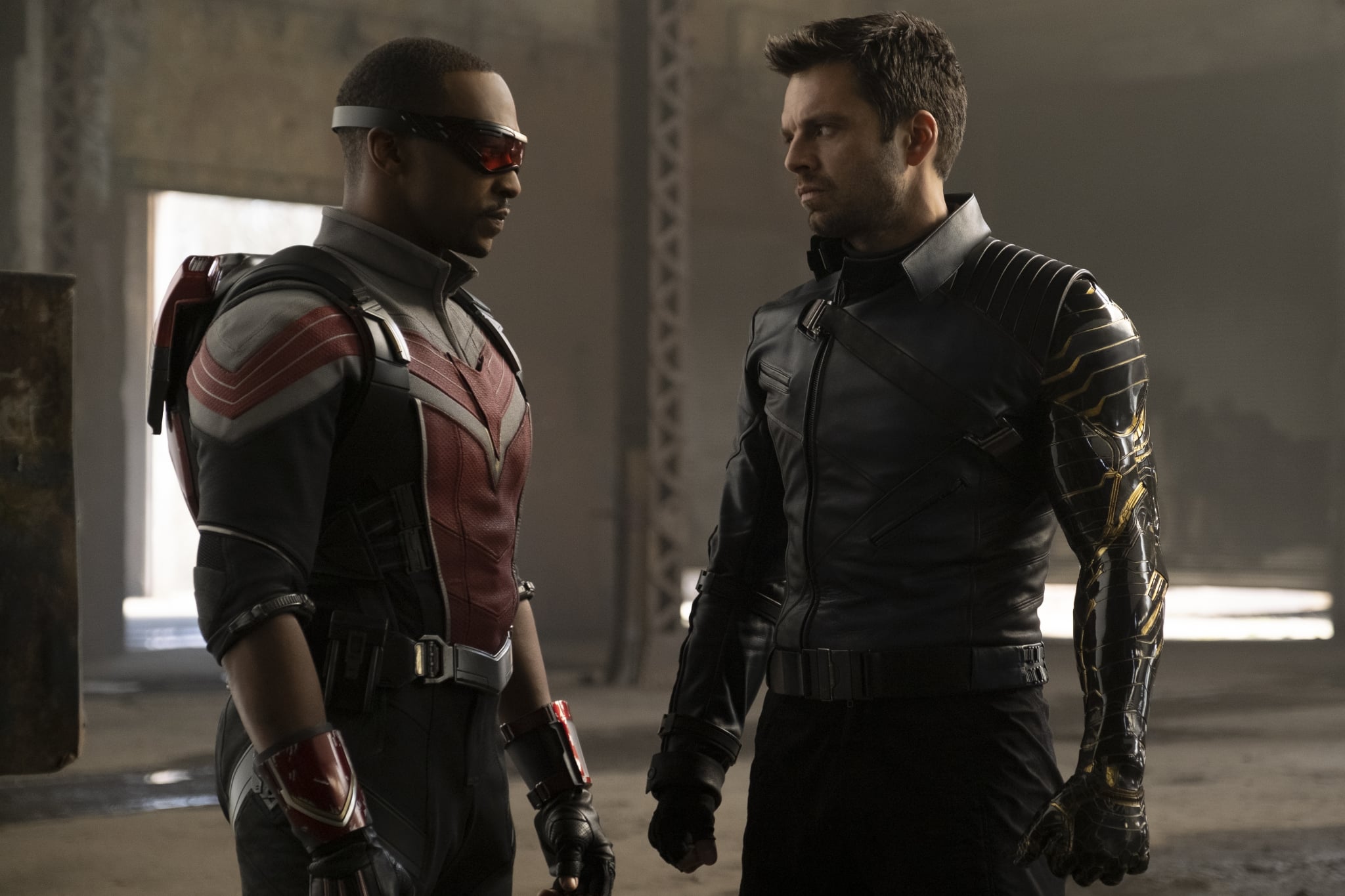
As Marvel's "Phase Four" kicks into gear, it's intriguing to look at which characters are getting a turn in the spotlight. With most of the original core Avengers out of the picture, there's finally room for supporting characters to get their turn to shine. For now, at least, it looks like Phase Four will be focusing on expanding those stories and bringing in more diverse perspectives, and that's probably the best possible approach for this mini-reset to take.
The mere presence of diversity isn't enough, however; if these characters are sidelined to focus on the same-old same-old or their unique perspectives aren't actually explored, then what is it really saying about storytelling priorities?
Due to scheduling delays from the COVID-19 pandemic, WandaVision unexpectedly became the first entry in Phase Four, and in hindsight, it's actually the perfect setup. Throughout the Marvel movies, Wanda and Vision's relationship — and each of them as individual characters — was both a pivotal plot device and an emotionally under-written arc. Paul Bettany and Elizabeth Olsen made the most of their limited screen time, but with the development of that relationship taking place largely off-screen and between movies, it was hard not to feel like we were being "told" how important it was, rather than shown it. WandaVision remedied that, and then some, giving us the chance to understand Wanda and Vision's relationship while also providing a true origin story for one of Marvel's most intriguing heroes, the Scarlet Witch — not to mention providing space for another superhero origin story for Monica Rambeau, heavily hinted to be a significant hero for the future of Marvel. Wanda has spent most of her screen time being a plot device, so launching Phase Four with her story seems to indicate that Marvel is finally going to give some space to the characters it's sidelined for years.
The Falcon and the Winter Soldier, too, might as well be titled "The Sidekicks Strike Back." Its three main heroes are basically the three characters whose main purpose has previously been to help and/or motivate Captain America through his story arc: Sam Wilson, Bucky Barnes, and Sharon Carter. We've gotten bits of Sam's backstory — although almost all of it was in his very first movie — and we've watched Bucky's traumatic past (and present) unfold, but pretty much everything about both of them has been about supporting Steve's story. Sharon, meanwhile, has had a couple of very cool heroic moments, but has otherwise pretty much been around to give Steve an assist when needed and to shoehorn in a poorly-written love story (with her aunt's ex!!) as an afterthought. With this new show, these three are finally getting a chance to be their own characters, and it's about time.
I'm hoping that, perhaps, Phase Four might represent a return to the smaller-cast storytelling of the early Marvel movies, at least for a little while. For the past several years, almost every Marvel property has been so worried about being an epic team-up that it's been impossible to give anyone enough screen time for real character development. With smaller casts, even the supporting characters can do more than deliver quips or force the plot along, and I'd really love to see more of that.
I'm also tentatively hopeful about Phase Four spotlighting more diverse heroes and perspectives. WandaVision was, ultimately, Wanda's story, and it's a deeply female perspective that shines through every episode. The show's treatment of Monica was more mixed: it did occasionally shoehorn Monica into the "magical Black BFF" stereotype, but it also laid the groundwork for a Black woman superhero to play a major role going forward. The Falcon and the Winter Soldier has a Black man as one of its two leads — and, potentially, as the new Captain America, which has a lot of layers to deal with considering the current conversations about race in America. Phase Four is also slated to include Marvel's first Asian-led movie — Shang-Chi and the Legend of the Ten Rings — as well as Ms. Marvel, featuring a Muslim Pakistani-American teenage girl, and Eternals, an ensemble movie that includes Phastos, a Black and openly gay superhero, alongside several other non-white actors such as Gemma Chan, Kumail Nanjiani, and Don Lee.
The mere presence of diversity isn't enough, however; if these characters are sidelined to focus on the same-old same-old or their unique perspectives aren't actually explored, then what is it really saying about storytelling priorities? So far, Phase Four appears interested in putting sidelined characters and groups front and centre, and all of the announced projects other than Eternals appear to focus on just a couple of heroes at a time. We'll see how it goes, but for now, Phase Four might finally be a chance for supporting characters to shine, and I for one can't wait!
